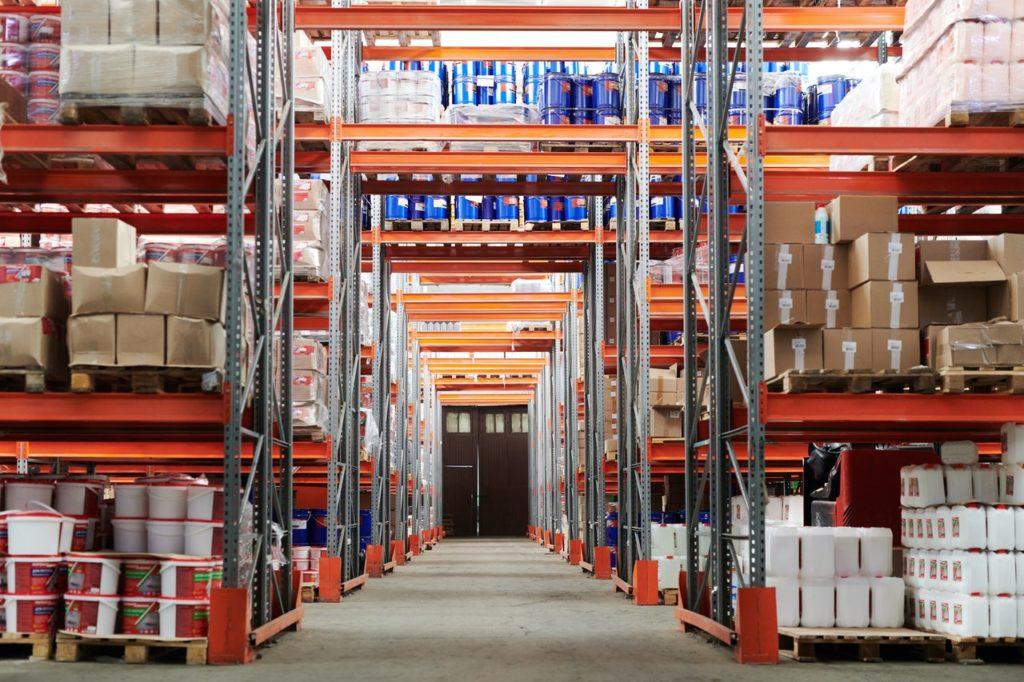
As a result of the pandemic, supply chains have been disrupted on a global scale. Around the world, businesses and manufacturers are desperately seeking ways to diversify and upgrade their operations to overcome these challenges. Though things are seemingly returning to normal, supply chains disruptions remain an issue, and it will likely take some time for manufacturers to see significant improvements.
Companies need to make quick decisions and take immediate action if they want to sustain their business and continue turning a profit. Furthermore, businesses must reshape their supply chains to become more resilient and responsible if they want to experience growth and better manage crises in the future.
Supply Chain Challenges
The impact of the pandemic has resulted in supply chain disruptions on a scale that has never been seen before. The fundamental changes in consumer behavior and eCommerce demands have knocked businesses and their supply chain operations entirely off-balance. To overcome challenges, companies must continually assess and monitor what’s happening. They must make rapid changes to stay ahead, which involves optimizing their operations as much as possible through automation.
Some of the many issues and challenges businesses are facing include:
- A lack of resilience. Business operations completely broke down in the face of global disruptions.
- Costlier supply chain operations.
- Supply chain operations that are bad for the environment and fail to meet society and industry expectations for sustainability.
- Unethical work environments and conditions that result in low employee retention rates.
- A lack of flexibility that limits the ability to provide quality customer experiences and satisfaction.
- Outdated systems that cost more money and are overly reliant on legacy technologies.
How to Overcome Supply Chain Disruptions
Automation and making use of advanced technological systems are key to getting back on track and moving forward. Not only can reshaping supply chains using technology help businesses overcome disruptions as a result of the pandemic, but it can make them more resilient in the future and more sustainable.
1. Order Management Systems
One of the biggest challenges companies are facing is the increase in eCommerce business. As a result of the pandemic, consumers turned towards online shopping for all of their needs, which has led to a boom in the eCommerce industry. The problem is, many companies were not structured to handle this massive change in consumer behaviors and demands.
One way to overcome this issue is to implement an order management system. An order management system is essentially the end-to-end process of receiving and processing an order through to fulfillment. It requires teamwork across all departments to ensure the entire order process and workflow runs as smoothly and efficiently as possible.
2. Big Data
Big data is a technology trend that is reshaping how companies operate. It allows for improved data accuracy and insights, enabling businesses and suppliers to have more contextual intelligence shared across supply chains. Using big data also enables companies to move beyond the constraints of standard supply chain management systems to ensure speedier and more efficient processes.
By integrating big data into your supply chain systems and processes, you can:
- Improve data generation to drive contextual intelligence
- Focus on knowledge sharing and collaboration with more complex supplier networks
- Optimize supply chain tools and systems
- Improve demand forecasting
- Use geoanalytics to merge and optimize delivery networks
- Reduce reaction time to supply chain issues
- Improve order-to-cycle delivery times
- Improve traceability within product databases
3. Cloud-based Software
Cloud-based systems or software enable businesses to better support the rapid changes and expansion that are happening within the eCommerce industry. By choosing a cloud-based approach, it can make otherwise seemingly impossible tasks more manageable and affordable. One of the biggest advantages is that it can reduce deployment times from months to weeks.
There are numerous cloud-based systems to choose from, including cloud-based Manufacturing Executive Systems (MES), Enterprise Quality Management Systems (EQMS), Supplier Quality Management (SQM), and more. It’s simply a matter of assessing the challenges you are facing and finding what works best for the individual needs of your business.
Overall, cloud-based systems can improve:
- Responsiveness and reliability
- Data security
- Business and customer support
4. A Range Reliable Suppliers
Having reliable, quality suppliers is another key element to overcoming supply chain disruption. The suppliers you choose to work with can have a significant impact on your business. Additionally, suppliers can also play a part in how sustainable your business is.
While technology can make it possible to have more global connections and suppliers, keeping things local can actually be more efficient and sustainable. Working with local suppliers is also more cost-efficient which can enable you to save money and offset other manufacturing processes to improve your supply chain processes.
Wrapping Up
When restructuring their supply chain processes, companies need to keep in mind that the pandemic was not simply a short-term crisis. It can be hard to justify reshaping the way your business runs if you view what happened as temporary, when in reality, it will have long-lasting effects on consumer behaviors and how supply chains function. Furthermore, changes are necessary to make businesses more resilient and sustainable as we face new and uncertain challenges in the future.
BusinessTips.ph is an online Business Ezine that provides free and useful articles, guide, news, tips, stories and inspirations on business, finance, entrepreneurship, management and leadership, online and offline marketing, law and taxation, and personal and professional development to Filipinos and all the business owners, entrepreneurs, managers, marketers, leaders, teachers and business students around the world.
Leave a Reply